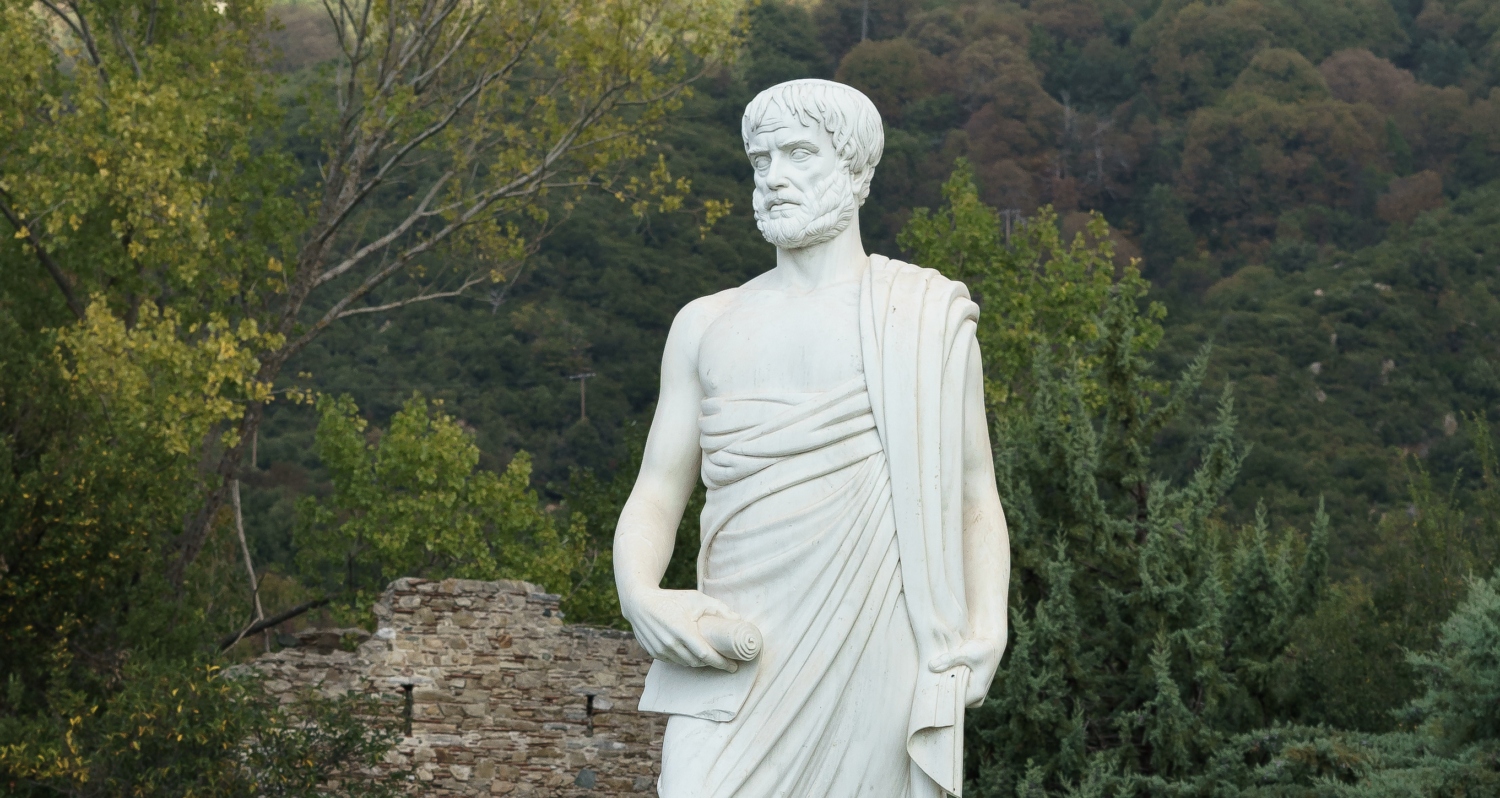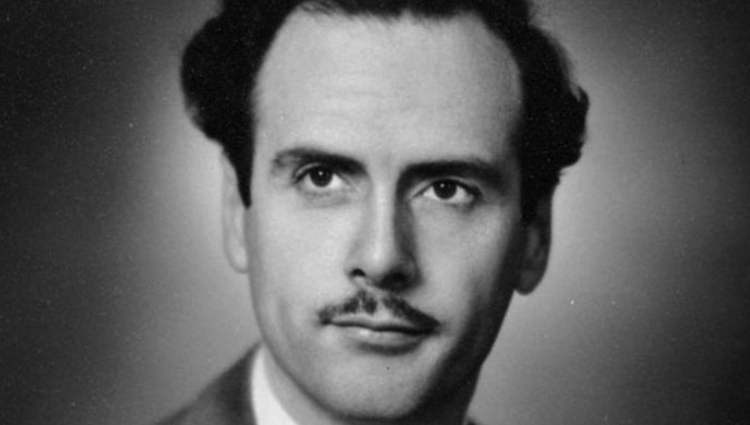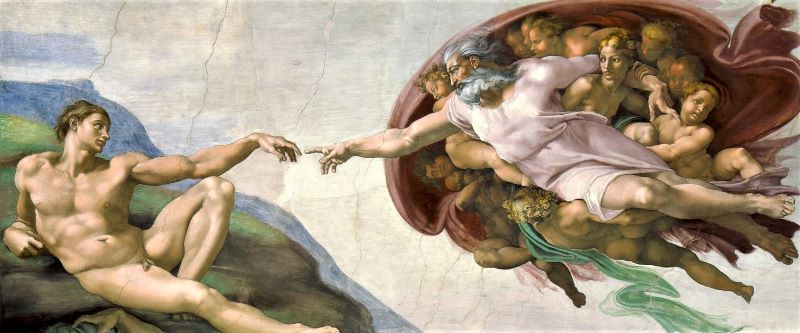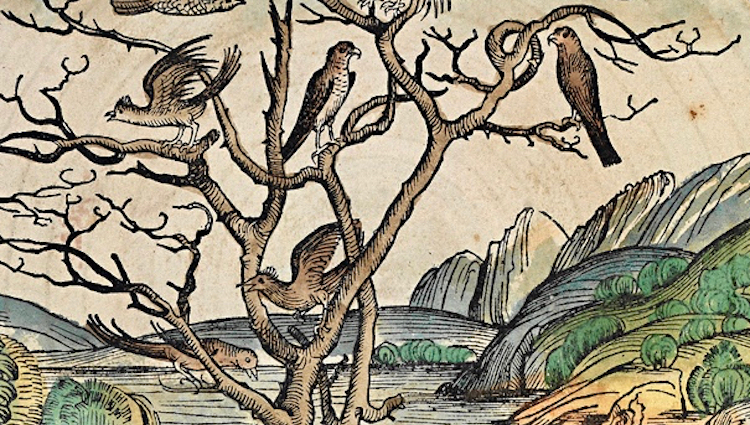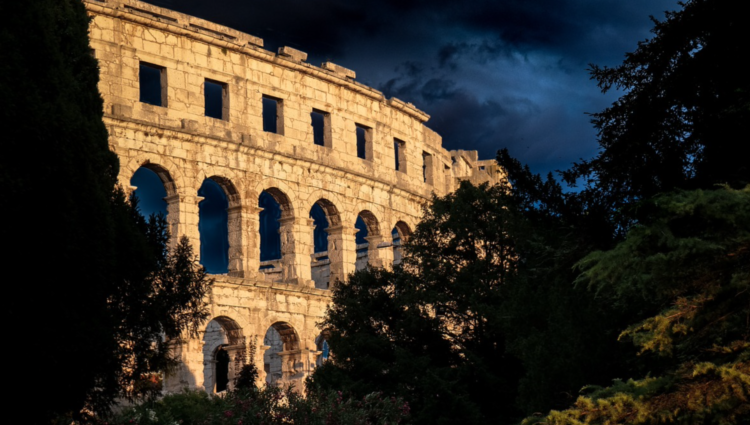The Lies of Myth & the Death of a Maiden
For the ancient Greeks, a pig was “the cheapest sacrificial animal,” easily raised in large quantities. Not only that, but “pig-sacrifice for Demeter was the most common feature of all forms of the Demeter cult.”[1] In particular, we should consider that the pig was the animal that died in the place of the initiate at [...]

